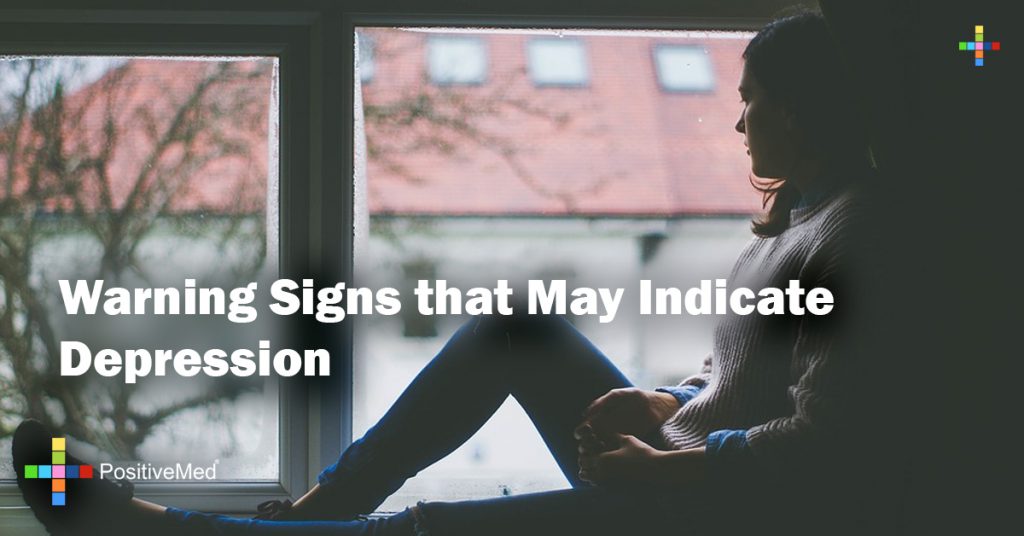
The normal ups and downs of life mean that everyone feels sad or has the blues from time to time, but if emptiness and despair have taken hold and won’t go away, that may be depression. Depression makes it tough to function and enjoy life like one once did. Just getting through the day can be overwhelming. However, no matter how hopeless the feelings are, it can get better. Understanding the signs, symptoms, causes, and treatment of depression is the first step to overcoming the problem.
Sadness or downswings in mood are normal reactions to life’s struggles, setbacks, and disappointments. Many people use the word “depression” to explain these kinds of feelings, but depression is much more than just sadness.
Some people describe depression as “living in a black hole” or having a feeling of impending doom. However, some depressed people don’t feel sad at all—they may feel lifeless, empty, and apathetic, or men in particular may feel angry, aggressive, and restless.
Whatever the symptoms, depression is different from normal sadness in that it engulfs day-to-day life, interfering with the ability to work, study, eat, sleep, and have fun. The feelings of helplessness, hopelessness, and worthlessness are intense and unrelenting, with little, if any, relief.
If you identify with several of the following signs and symptoms, and they just won’t go away, you may be suffering from clinical depression:
- you can’t sleep or you sleep too much
- you can’t concentrate or find that previously easy tasks are now difficult
- you feel hopeless and helpless
- you can’t control your negative thoughts, no matter how much you try
- you have lost your appetite or you can’t stop eating
- you are much more irritable, short-tempered, or aggressive than usual
- you’re consuming more alcohol than normal or engaging in other reckless behavior
- you have thoughts that life is not worth living (seek help immediately if this is the case)
Depression varies from person to person, but there are some common signs and symptoms. It’s important to remember that these symptoms can be part of life’s normal lows. The more symptoms one has, the stronger they are, and the longer they’ve lasted—the more likely it is that one is dealing with depression. When these symptoms are overwhelming and disabling, that’s when it’s time to seek help.
Depression is a major risk factor for suicide. The deep despair and hopelessness that goes along with depression can make suicide feel like the only way to escape the pain. Thoughts of death or suicide are a serious symptom of depression, so take any suicidal talk or behavior seriously. It’s not just a warning sign that the person is thinking about suicide: it’s a cry for help.
Warning signs of suicide include:
- Talking about killing or harming one’s self
- Expressing strong feelings of hopelessness or being trapped
- An unusual preoccupation with death or dying
- Acting recklessly, as if they have a death wish (e.g. speeding through red lights)
- Calling or visiting people to say goodbye
- Getting affairs in order (giving away prized possessions, tying up loose ends)
- Saying things like “Everyone would be better off without me” or “I want out”
- A sudden switch from being extremely depressed to acting calm and happy
If you think a friend or family member is considering suicide, express your concern and seek professional help immediately. Talking openly about suicidal thoughts and feelings can save a life!
Depression Signs and Symptoms:
By Khrystyana Kirton
Edited By Stephanie Dawson
Reviewed By Nima Shei MD





